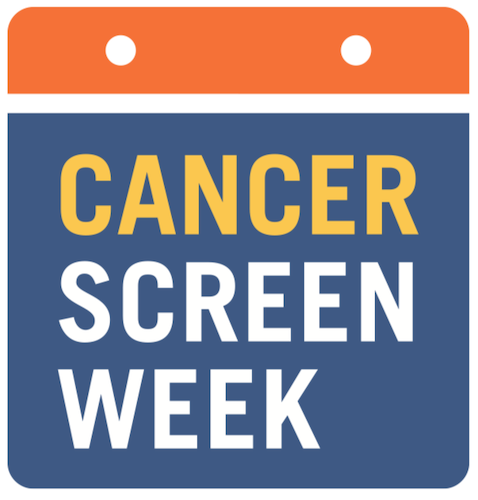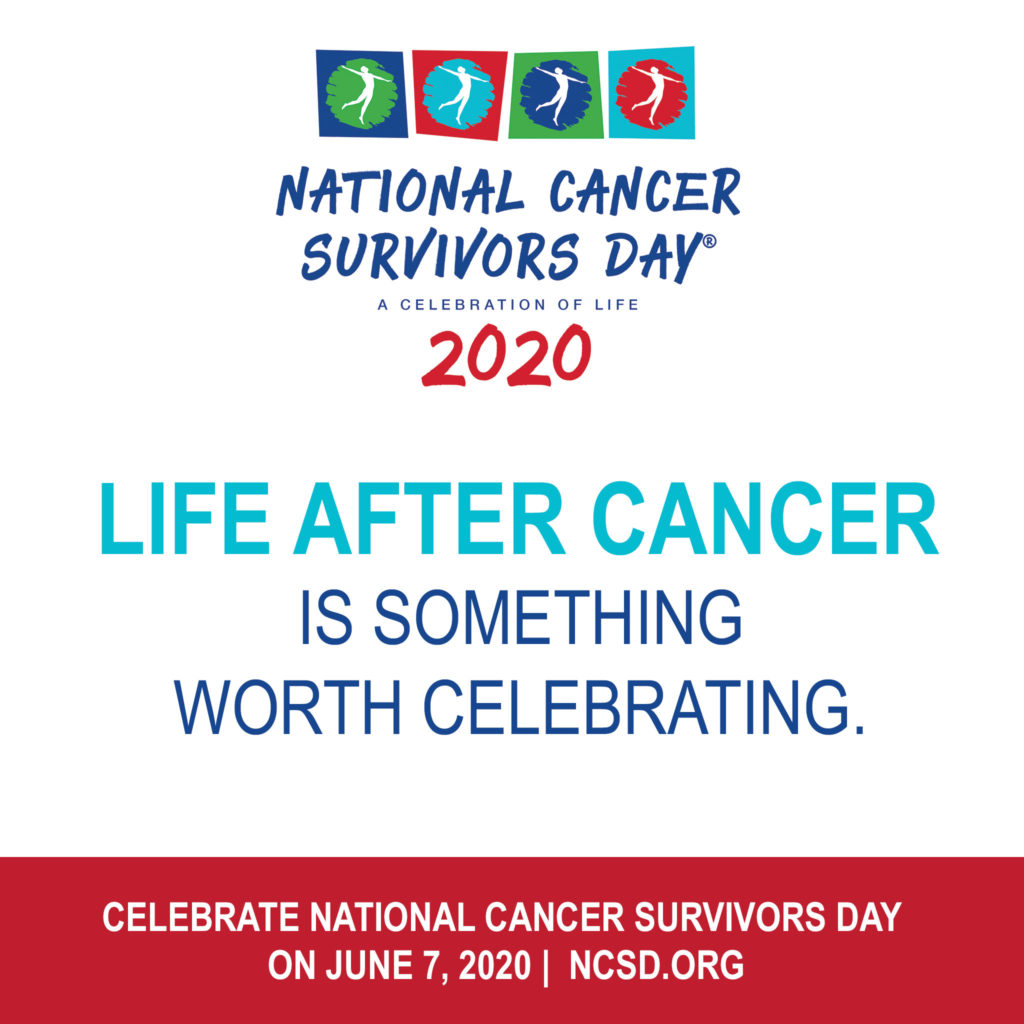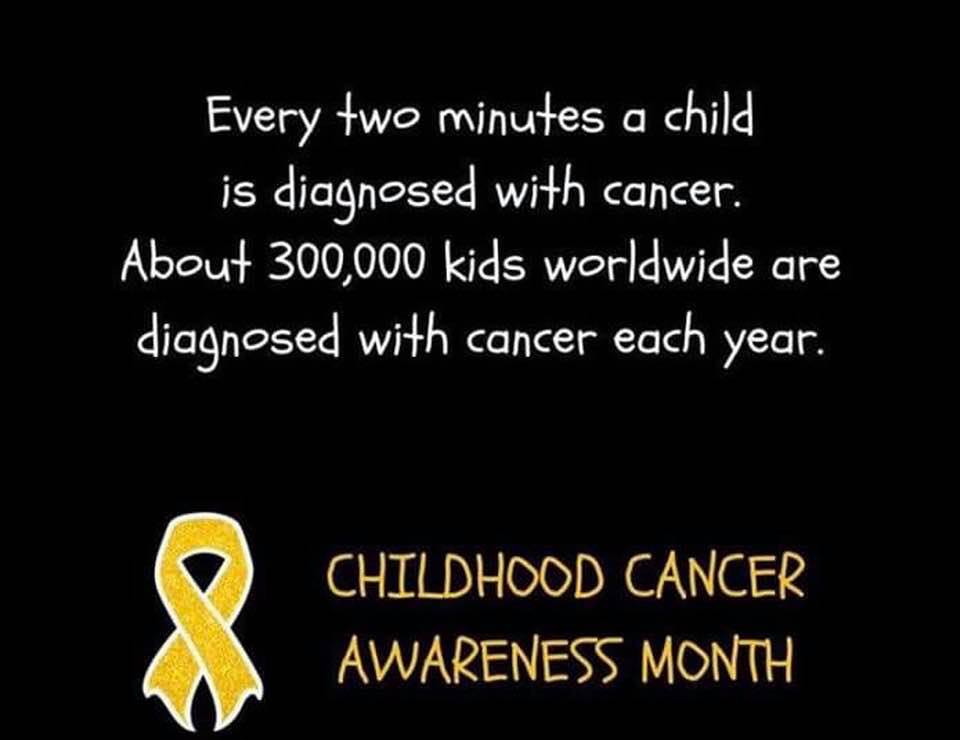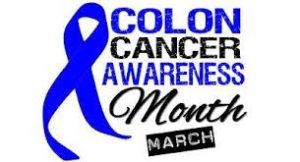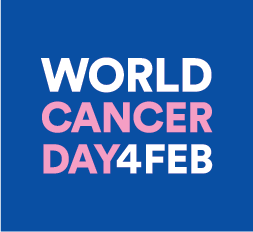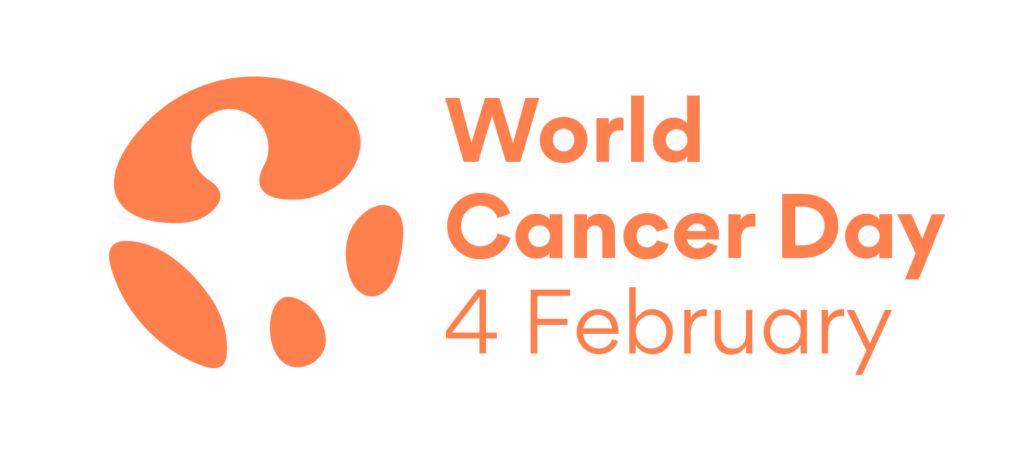
Today, we once again observe World Cancer Day and take a minute to remember cancer’s tremendous impact on our communities and the people we love. Just to summarize:
- 10 million people die from cancer every year.
- Cancer is the second-leading cause of death worldwide.
- The total annual economic cost of cancer is estimated at $1.16 trillion.
But it’s also a day to resolve to do what we can to fight cancer. Remember:
- At least one third of common cancers are preventable.
- As many as 3.7 million lives could be saved each year with appropriate strategies for prevention, early detection and treatment.
This year dealt a setback to our efforts to fight cancer, as many people skipped routine screenings and cancer. While the ultimate impact of these delays is not knowns, the early indications are that too many people were diagnosed with cancer at later, less treatable stages.
But this past year also brought hopeful news that, moving forward, we may have ways to detect many kinds of cancer at earlier stages. Currently, we’re only able to identify five cancers through routine screenings. Most cancers have no such tests.
New multi-cancer early detection tests have the ability to detect many cancers with a simple blood sample, before patients show symptoms. If this technology is approved by the FDA and is made widely available, it could be a game-changer — and a life-saver.
As we say every year, we long for the day when people can live without fear of cancer – where cancer can be prevented, or at least can be easily detected and cured.
Do your part. Take care of yourself. Don’t drink too much. Don’t smoke. Get the HPV vaccine. Get recommended screenings. We can’t say this often enough, but colonoscopies are a lot more fun than colon cancer. If you experience symptoms that indicate cancer, see your doctor. Fear is too often the enemy of early detection – and survival.
Be informed. Support policies that promote new therapies to fight cancer. Support policies that ensure people have adequate access to those therapies. Support candidates who know the importance of research and affordable care.
Today is World Cancer Day. But every day is “cancer day” for those who are battling this disease. Let’s join them and continue this fight today — and every day — until we defeat cancer once and for all.
#WorldCancerDay

